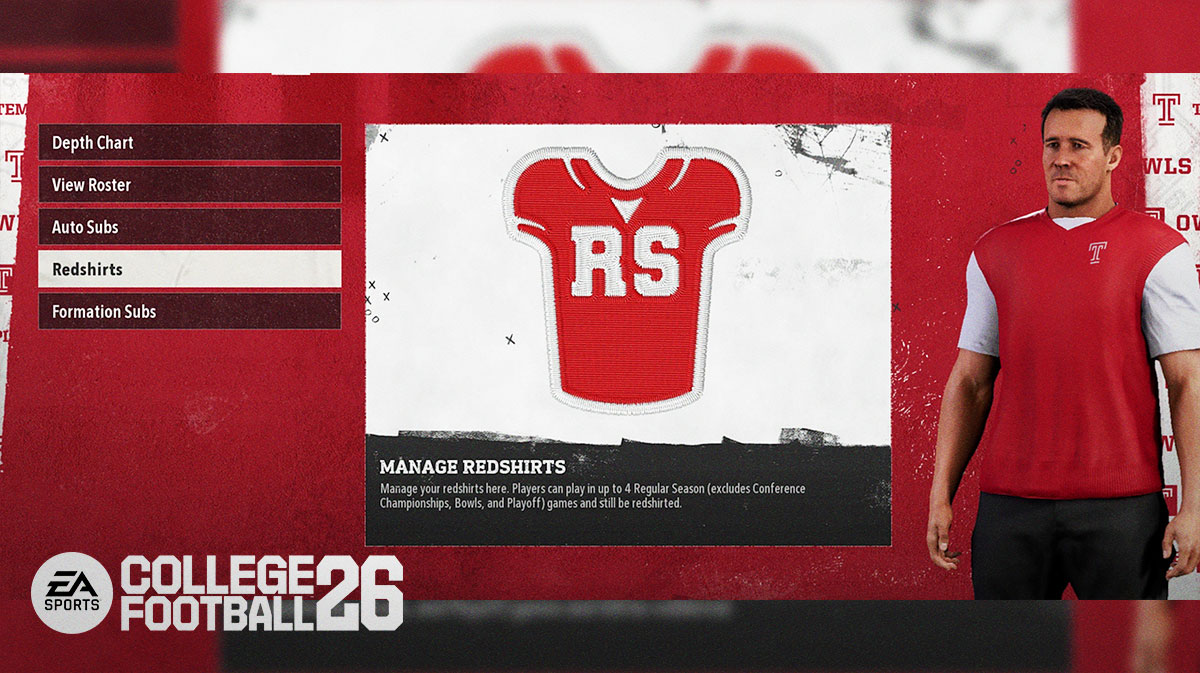The so-called “Bioware Magic” that has turned a lot of BioWare titles around is all a sham, says former Anthem Producer Mark Darrah.
An investigative piece by Jason Schreier published in 2019 discussed how BioWare's work culture led to the failure of the game Anthem, released in January of that year. The piece talked about how BioWare management had leaned too heavily on “BioWare Magic”, which Shreier described as “a belief that no matter how rough a game’s production might be, things will always come together in the final months. The game will always coalesce.” This magic was credited for the successes of the Mass Effect Trilogy, Dragon Age: Origins, and Dragon: Age Inquisition. And, due to the success of Inquisition, the studio was riding high on this mentality when production for Anthem came around.
Now, three years later, Former Anthem Producer Mark Darrah has come out to speak more about the “BioWare Magic” mindset in the studio. In a video dated January 19, Darrah ranted about the “BioWare Magic” mentality in the studio. He first introduced the “Hockey Stick”, a visual representation of the magic, where you are “going along not making a ton of visible progress, but you're slowly getting things done, but if you draw that line out, your game is shipping in thirty years… then things start clicking together, and the game development essentially pivots, and you start getting things done way faster… Things come together really late, and things get better really late.”
Darrah credits this mentality as the reason why BioWare has been struggling with their more recent titles. He described the mentality as terrible, as you don't exactly know when this pivot happens, and what trajectory will take once it does take off. He would know, as the Hockey Stick for Anthem spiraled downwards. “At the end of the day, what is BioWare Magic? It's sh*t process,” says Darrah.
BioWare Magic exists in other studios as well
However, while the term specifically was named internally in BioWare, Darrah made it clear that the BioWare Magic mentality isn't an isolated case. “This is how it works in a lot of studios. This is what CD Projekt looks like. This is what a ton of games look like… because they are having difficulty generating completion urgency earlier in the project,” says Darrah. This leads to a lot of burnout in the industry, as developers end up having to cram, ending up with the development crunch that pervades many studios.
Darrah calls out developers to start doing better, and to not put their hopes up on their projects on terrible processes like BioWare Magic. Indeed, leadership and management is truly important in any work, much more in large undertakings such as creating video games. To avoid crunch time and burnout, systems have to change, and archaic mentalities like the one discussed above have to go.


















